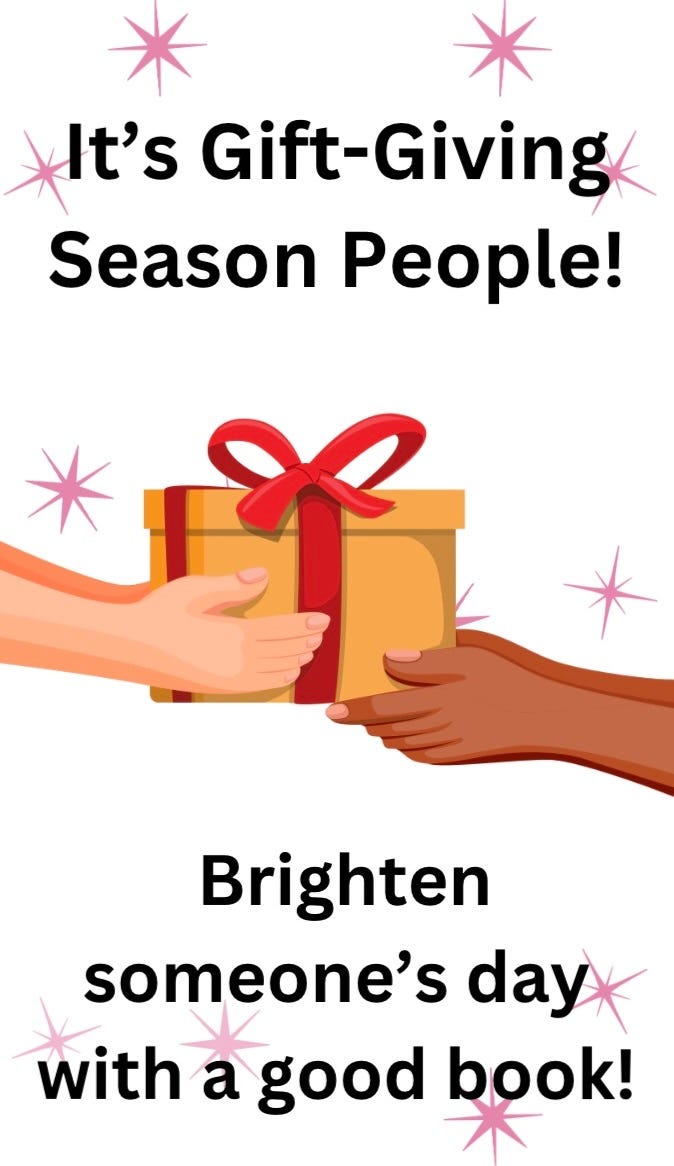Making The Choice To Face Old Wounds
Getting Past the Past
Have you ever revisited an old wound? Maybe not the wound itself, but the place the wound occurred.
What does that mean, exactly? Presumably a wound has scabbed and healed. It’s possibly left a scar, a reminder of the event when it occurred, or a flag of bravery for having gotten over the wound itself.
Let’s explore the latter, and let’s say the wound didn’t leave a visible scar, instead it’s a deeply emotional one that you can’t put into words for others to comprehend.
What if, in order for you to find a path to conquer the pain, you packed your suitcase and walked away from the place that’s haunted with memories of the before the “wound” and the aftermath? You don’t say goodbye, you just go. Leaving the physical triggers is a relief and offers a cleansing, a rebirth, if you will. There is no looking back as you forge forward, rebuild yourself and life better, stronger, happier. But what if, years later, you sat on a bus heading back? You can’t predict what kind of reception you’ll get, and you certainly don’t know what your emotions will be. Has there been enough distance, enough strength-building, enough scar healing?
As a fiction writer, it’s hard to say, but one can imagine this must be part of the journey a memoirist takes as they relive their story. To write about someone or something so emotionally tangled and hot means spending an extraordinary amount of time with the relationships you needed to let go of to heal. Years ago, a man—a husband and father who’d suffered unimaginably wrote about the family he’d lost. You’d think it must have been cathartic for him, but with pain constricting his voice, he said, “No. It really wasn’t.” For him, it had been unbearable to relive his memories with each filled page instead of lingering in the joy they’d once shared.
Another writer declared she was going to write about her toxic relationship with her mother, seeking both vengeance and understanding. But writing the story meant spending countless hours of (figuratively) intimate time with her mother. She was bound to bring the old pain and emotions to the surface. The story remains unwritten.
In novels, we sometimes (ok often) pull from the truth. Some of those moments might be trauma or joy based. Either way, as the author, we take license to reshape and retell those moments. We embellish them, twist them, change the outcome, and oh yes, we do delight in seeking revenge—at least with words.
The next Zelly Ruskin novel explores this kind of sweet revenge. It’s still a work in progress. First, we need to focus on Not Yours to Keep. You’re all doing an amazing job of getting her noticed. The gratitude is immense. Keep talking about the book, share her with others, and let’s not forget, it’s gift season people!
Here’s something none of us ever thought we’d need to know:
Amazon reviews are more valuable to authors than you can imagine.
Why? Beyond getting the book noticed, it helps new readers decide if it’s the type of story they’d be interested in. Also, the more positive reviews, the more likely Amazon’s mystifying algorithm will show off a book to likely readers.
But there’s another twist—some book clubs won’t select a book with less than 100 Amazon reviews. And I really want to share Not Yours to Keep with as many book clubs as possible. It’s been so cool to discuss the book with groups of people who’ve read it. You all ask awesome questions! Let’s keep it going!
Join the ‘Get Not Yours to Keep to 100 Reviews Challenge.’ Are you in?
We’re aiming for 100 Amazon reviews by the end of 2024. If we make it, even if the reviews aren’t from subscribers, one lucky Sometimes Snarkastic subscriber gets a swag bag! Spread the word!

Not sure what to write? Let’s play the NY2K version of Mad Libs~
Not Yours to Keep is a <adjective>, <adjective>, <noun>. All the <noun> were <adjective> and <adjective>. A <adjective> <noun>. I <verb> <verb> <verb> it down.
Cheat sheet example: Not Yours to Keep is a captivating, heart wrenching read. All the characters were relatable and engaging. A real page-turner. I couldn't put down.
And Now For Something Completely Serious…
For those of you just joining us, the story begins with a diagnosis of a small brain aneurysm which required surgery when it grew to 4mm. You can read details in the Snarkastic archives.
So you’ve survived brain surgery—now what?
You lie on your narrow crib-like bed in the ICU trying not to move your head, even though they say you can. The slightest of noises reverberate through you, as if you’re stuffed in the bell of a tuba. Speaking is also a noise, but you need to communicate the desperation for silence. And darkness. Light pierces through your eyes. The pain med’s effectiveness fades, in its place comes an unbearable headache. You’re a tough it out kind of person, a don’t need extra medications, thank you type. But this time the soul-crushing headache wins. You greedily click the button until relief finds you. Two days later, despite your still high risk status, they evict you from ICU. Tra-La- La, like nothing biggie happened. It’s safe here. You want to stay where you’re not wanted. But the nurses wave goodbye as the transport guy wheels you out of the building.
Stay tuned for the homecoming…
Last Licks
We hope your Thanksgiving was fun and delicious. Here’s how it went for Strudel:









Zelly, such an amazing description of how we unpack and often don't even take the suitcase out of the closet when examining our lives either in fiction or in memoir. I'm working with a memoirist client and I've just sent her this.